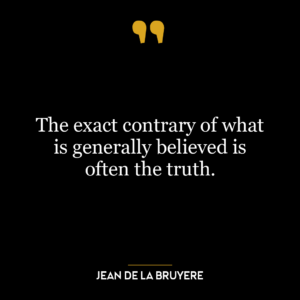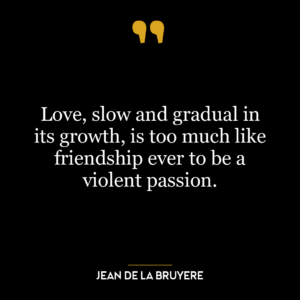This quote suggests that the quest for truth is often stifled by answers that hold the weight of unquestioned authority. In other words, when an explanation or solution is provided by a person or institution with significant authority or credibility, it is often accepted without further inquiry. This can hinder the pursuit of truth as it discourages questioning, curiosity, and critical thinking, which are fundamental to discovering new truths or understanding existing ones more deeply.
The weight of undisputed authority can come in various forms – it could be societal norms, religious doctrines, scientific consensus, or even widely accepted ideologies. When these authorities provide an answer, it is often accepted as the absolute truth, thereby silencing further inquiry or passion for truth.
Applying this idea to today’s world, we can see this happening in various spheres. In politics, for example, the opinions or decisions of leaders are often accepted without question by their followers, thereby stifling any pursuit of truth. Similarly, in science, established theories or findings are often accepted as the absolute truth, discouraging further inquiry.
This idea can also be applied to personal development. It encourages individuals to question the status quo, to not accept answers just because they come from an authoritative source. It promotes critical thinking and curiosity, which are key to personal growth and development. It suggests that we should not be content with easy answers, but should instead strive to understand the complexities of the world and the truths that lie beneath the surface.




